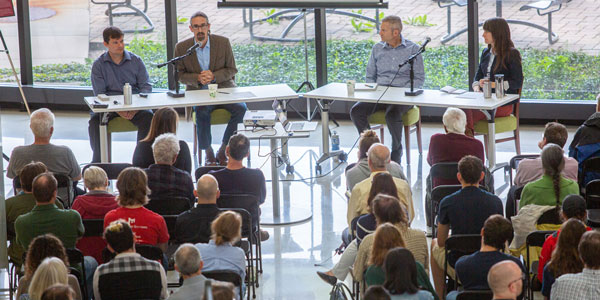Letter from the Director
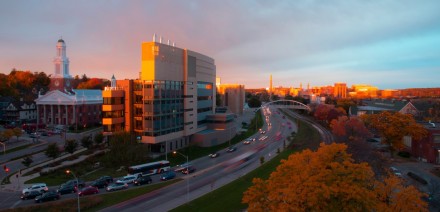
The Wisconsin Energy Institute was born out of a collaborative vision to create a center to advance energy research and education, to help move society beyond fossil fuel dependence toward a clean energy future. As we enter a new decade, we are seeing the fruits of that vision.
World-Class Energy Research
Relieving two headaches with one process
With a new method to synthesize a popular pain-relieving medication from plants rather than fossil fuels, researchers at the Great Lakes Bioenergy Research Center have found a way to relieve two headaches at once.
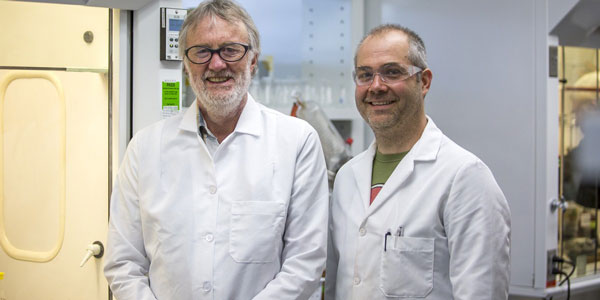
New electric grid monitoring tool aims to keep power flowing
Bernard Lesieutre and his colleagues are studying patterns of activity across the electric grid to monitor grid stability and recognize risky conditions before problems strike.
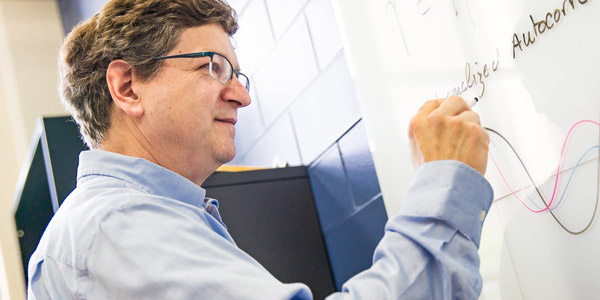
Engineered microbe may be key to producing plastic from plants
With a few genetic tweaks, a soil bacterium with an appetite for hydrocarbons shows promise as a biological factory for converting tough plant fibers into a replacement for petroleum-based plastics.
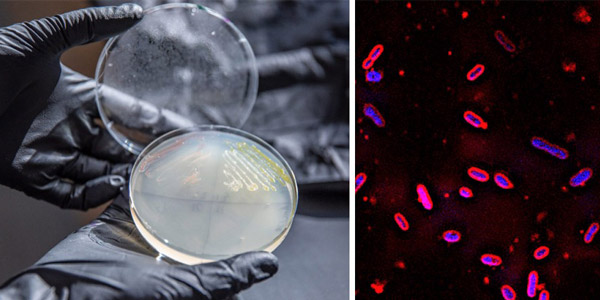
The inner workings of microbial metabolism
Daniel Amador-Noguez is learning how living organisms transform nutrients into energy and an array of useful chemicals.
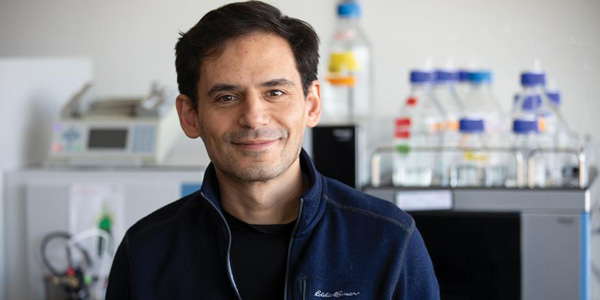
Bio-based chemicals could help reduce fossil fuel use
Christos Maravelias and his collaborators have developed a method to identify plant-based compounds that hold promise as potential replacements for petrochemicals.
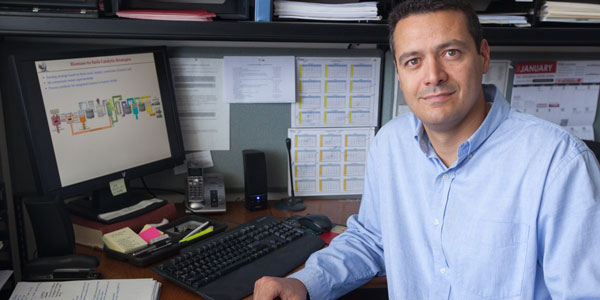
Industry-ready process makes plastics chemical from plant sugars
A team from the Great Lakes Bioenergy Research Center have developed an efficient and economically feasible process to produce a versatile plant-derived chemical considered crucial for building a renewable economy.
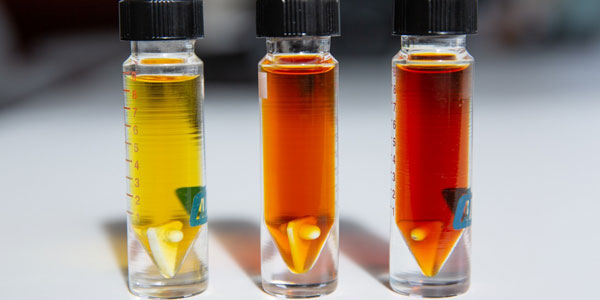
Far-reaching Education & Outreach
Grandparents University: Energy education that spans generations
This year, two groups of UW–Madison alums and their grandchildren became energy experts at the Wisconsin Energy Institute during Grandparents University.
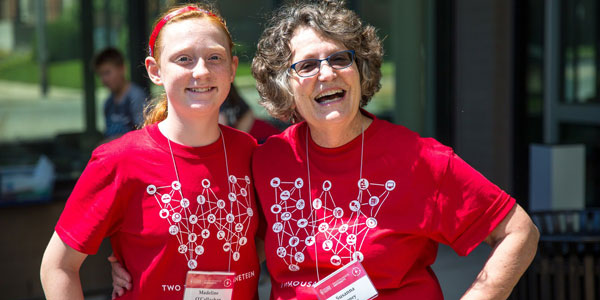
WEI's faces of the energy future 2019
We asked six impressive students at UW–Madison how they became interested in pursuing a career in an energy field and how their research and education at UW–Madison may impact their future.
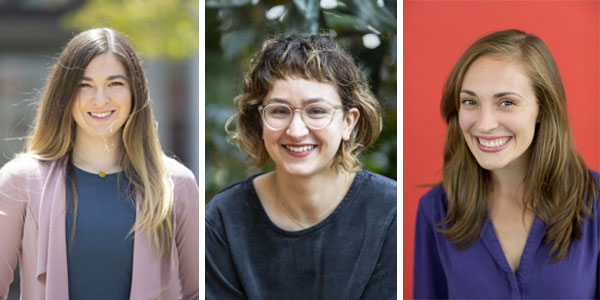
Undergraduates participate in bioenergy research at GLBRC
This year, the Great Lakes Bioenergy Research Center hosted 11 undergraduate students in bioenergy labs during the summer Research Experience for Undergraduates program.
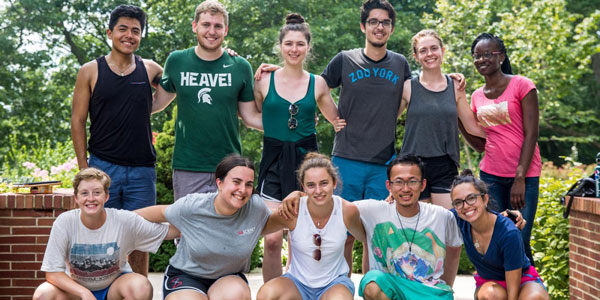
KidWind Challenge gets students, parents, and teachers excited about wind energy
Elementary and middle school students from around the state gathered at WEI for the 2019 KidWind Challenge to construct their own model wind turbines and compete to produce the most energy.
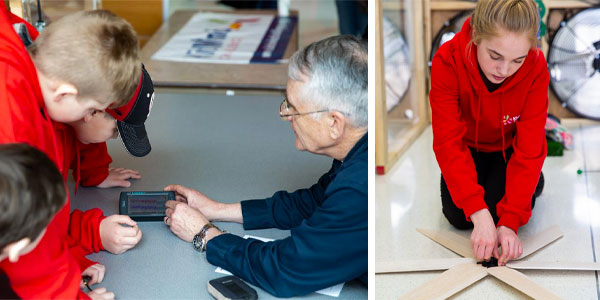
Allison Bender inspires energy learning beyond campus
Researchers at WEI are developing the knowledge and technology to transition society to clean energy systems and solutions. It’s Allison Bender’s job to make sure that knowledge doesn’t stay behind campus doors.
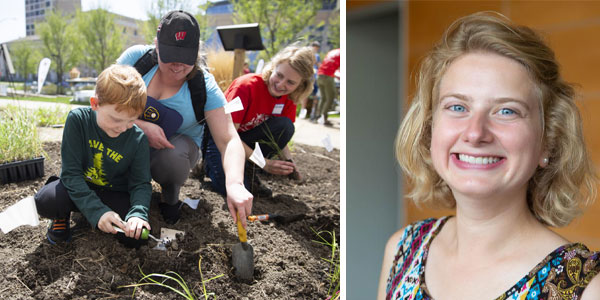
Cultivating resilience in plants and in science
Anne-Sophie Bohrer, a WEI partner and postdoctoral research associate at Michigan State University in plant biology, spoke with us about biofuels, genetics, and the intersection of scientific discovery and outreach.
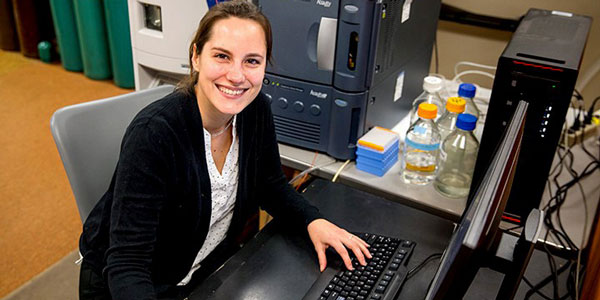
Industrial Engagement
Bigger electricity menu means smaller grids
When Hurricane Sandy knocked out the power in parts of New York City in 2012, one building provided electricity, heat, and water to 1,500 people thanks to microgrid technology developed in part at UW–Madison.
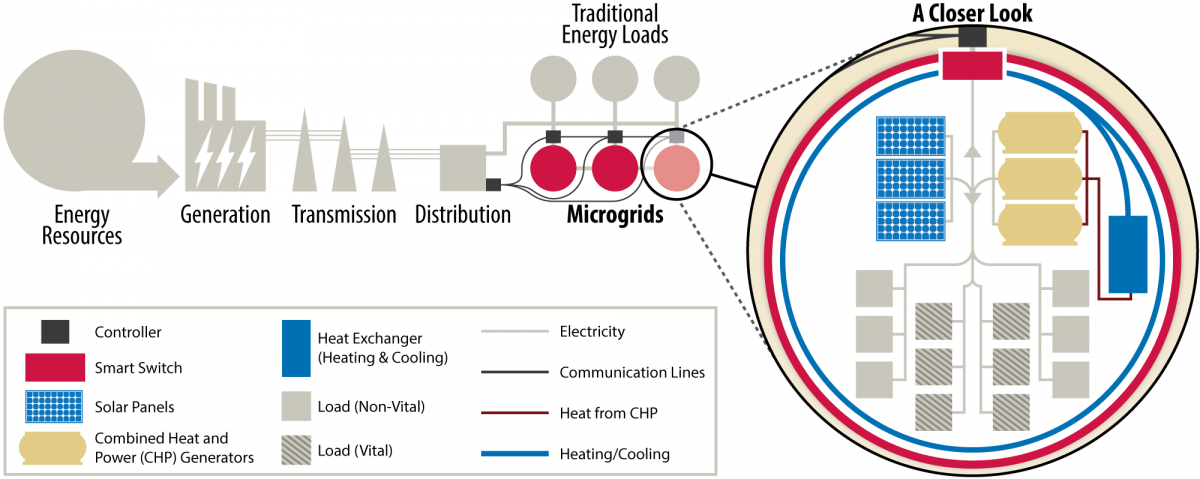
Elektrifi increases electricity reliability in the developing world
Elektrifi, a UW–Madison spinoff and student-led startup, is working to increase the reliability of microgrid service in India and around the world.
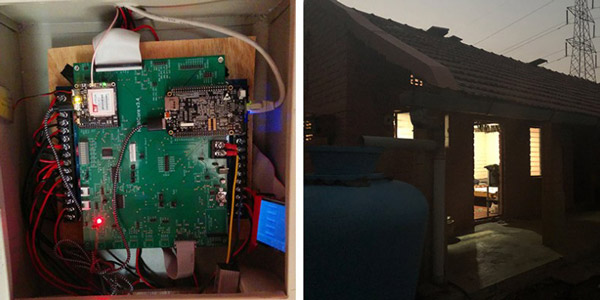
WEI scientists apply biofuels knowledge to the dairy industry
With funding from the National Dairy Council, WEI researchers are applying knowledge from the biofuels industry to the dairy sector, turning underutilized material into profitable goods.
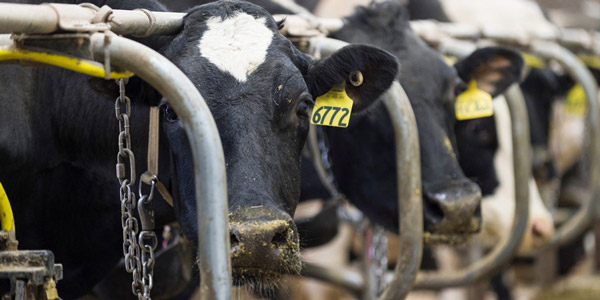
Rob Anex joins federal biomass advisory committee
Rob Anex is lending his techno-economic analysis expertise to the U.S. Departments of Energy and Agriculture as a member of the Biomass Research and Development Technical Advisory Committee.
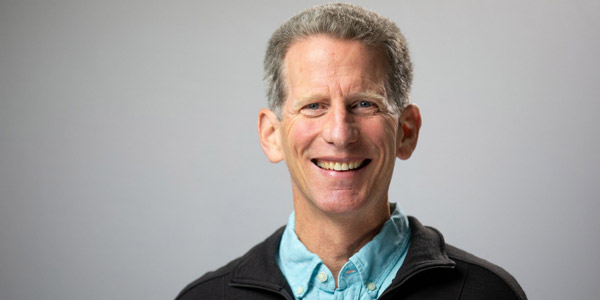
More Info
2019 WEI featured awards
Many WEI investigators, experts, and affiliates received honors and awards in 2019 for their work.
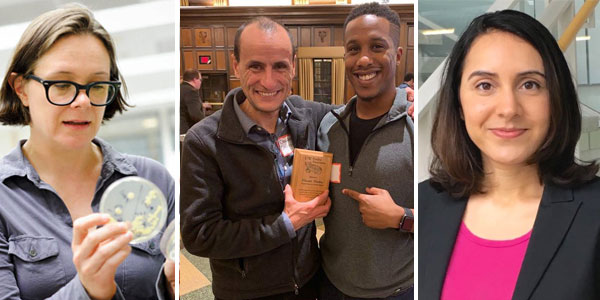
Thank you!
We wouldn't miss the chance to express our gratitude to the hundreds of passionate members of the WEI community who passed through our doors to attend an event, tour, talk, or meeting in the past year.
